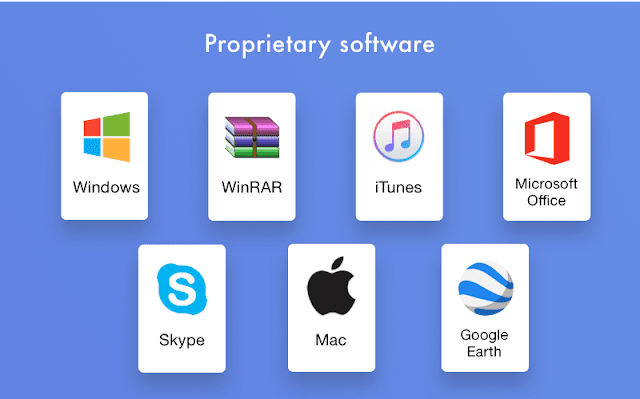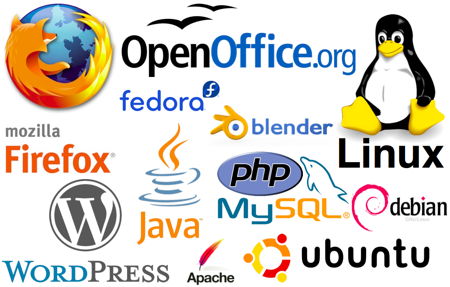Important events in Open Source history
1980 – Usenet arrives Open source development has always been driven by collaboration, and with the arrival of Usenet, developers could collaborate on a worldwide level like never before and made it easy to share software. Usenet (built on top of the infrastructure that is now called the Internet) was in many ways a precursor to today’s Internet forums and predated the World Wide Web by over a decade. 1983 – Richard Stallman starts the GNU Project Started by Richard Stallman in 1983, the GNU Project is a mass collaboration project for open and free software that has flourished even to this day. Stallman followed up the GNU Project with the creation of the Free Software Foundation in 1985 to further support the free software community. The GNU Project has resulted in a huge amount of open source software over time and gave birth to the GNU General Public License (GPL), arguably the most popular open source license model out there. And when the Linux kernel arrived, GN...

